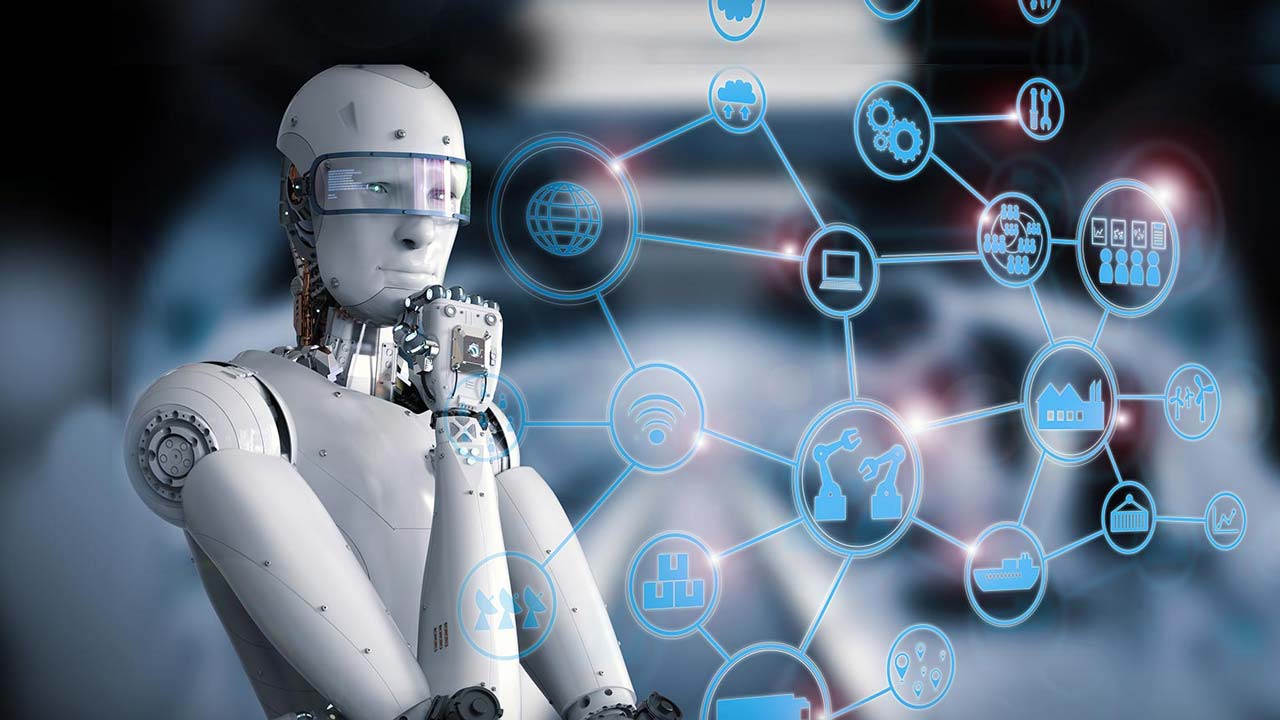
Director, Center for Energy Systems and Control, Howard University, Prof James Momoh, Monday, disclosed how Artificial Intelligence and other emerging technologies can enhance reliable power delivery in Nigeria.
This was in view of the challenges of smart grid development, resource utilization, balancing of available supply with demand, environmental protection as well as control of electricity network.
According to him, these approaches will empower the present grid to be more reliable, sustainable, cost effective, customer eccentric as well as ensuring that carbon detoxification is achieved.
Prof Momoh added that IA will also reduce the depletion of primary energy resources (oil and coal) due to increased utilization by the transportation sector, and adverse role agricultural practices have played in the escalation of harmful greenhouse gases.
The former Chairman, Nigerian Electricity Regulatory Commission (NERC), spoke during a two-day International Conference on Energy and Power Systems Operation and Planning (ICEPSOP2023).
The theme of the conference, which held in Abuja is: Empowering Reliable Power Delivery Using Artificial Intelligence and Emerging Technologies: A case of United States of America and Africa.
He said: “In terms of research, it starts from the policies that are defined by the government, achieving power supply in Nigeria at affordable price. Professors, academicians and industrialists have put heads together to begin to look at different problems that would be solved.
“Again, it now stems from policies to technologies and the role of the regulators. By integrating all the different entities that I have just talked about, we believe that we can have an improvement in delivery and supplying of electricity in the country.”
Adding: “USA and African collaboration that we brought together is to learn from each other, to learn from what the Americans are doing in tackling their own challenges, to know what Nigeria challenges are, and see what is appropriate, to exchange ideas and implementation plans to be put in place.”
The Keynote Speaker was the former Director General of Raw Materials Research and Development Council (RMRDC), Prof Peter Onwualu.
In his presentation titled, “Fostering Reliable and Affordable Power Supply in Nigeria Using Emerging Technologies”, Onwualu stated that since energy and power affect every other sector of the economy, major stakeholders of the Nigerian project are unanimous in coming to a conclusion that for the government to succeed in delivering their social contract with the society, they must find sustainable solution to energy and power conundrum in Nigeria.
In his goodwill message, the Acting Executive Secretary, National University Commission (NUC), Dr Chris Maiyaki, the Deputy Director, Research, Planning and Administration of NUC, Dr. Ajani Aina, held that the need by the United States of America and Africa to leverage the AI cannot be over-emphasized.
Beginning with Lagos in 1992, the National Science Foundation (NSF) in collaboration with Howard University, Washington DC, sponsored a Biennial International Conference on Energy and Power Systems Operation and Planning (ICEPSOP) in several countries of Sub-Saharan Africa.
These conferences have not only served as fora for the interchange of ideas between American and African engineers and academia but has also been used to develop research collaborations and partnership.
Smart microgrid is a fundamental building block in the ultimate development of the smart grid. The microgrid is an integrated energy system for the low-voltage distribution subsystem consisting of Distributed Energy Resources (DERs) including Renewable Energy Resources (RERs) and multiple loads and, or meters operating as a single autonomous grid either in parallel to the grid or disconnect from the grid and operate in an “isolated” mode.
The conference, which was 12th in series, aimed to discuss and evaluate the features, benefits, advantages, functions and challenges of the smart grid in the African electricity industry.






